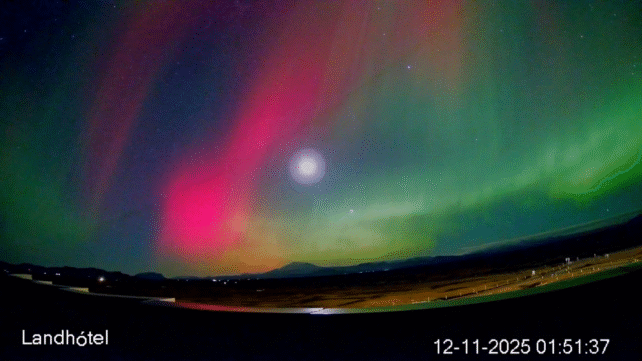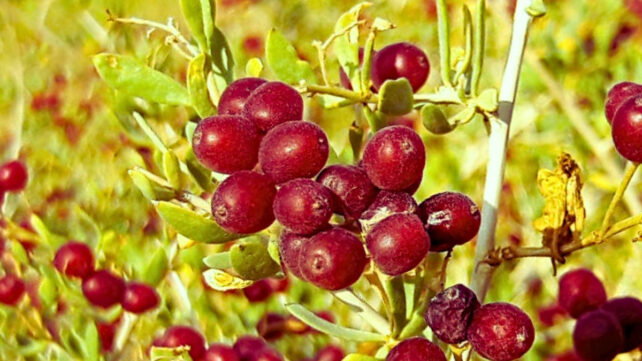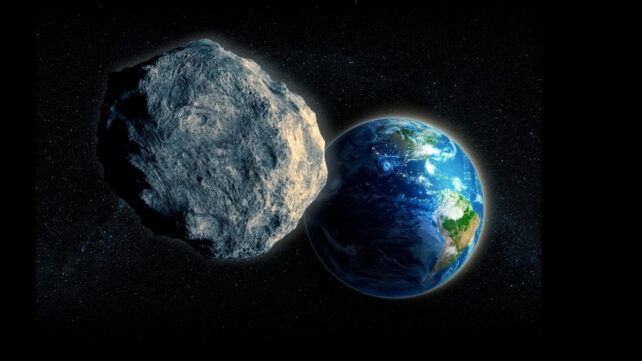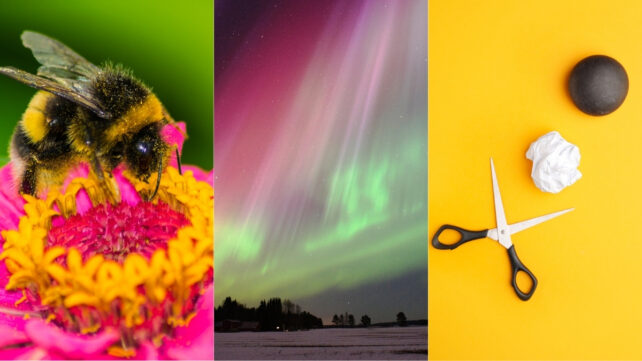This week in science: The Sun puts on a stunning light show; a winning strategy for 'rock, paper, scissors'; teaching bumblebees Morse Code, and much more!
Scientists Reveal a Clever Trick to Help Win Rock, Paper, Scissors

An analysis of 15,000 games of 'rock, paper, scissors' has revealed the best strategy: Be random and ignore what happened last round.
"Importantly, when trying to be unpredictable, it's not helpful to rely on past outcomes. Only the brains of those who lost the game had information about the previous game – the brains of the winners did not. This means overreliance on past outcomes really does hinder one's strategy," the researchers write.
Read the full story here.
Coffee Study Challenges Advice on Common Heart Condition

In a study of patients undergoing treatment for irregular heartbeats, coffee drinkers actually had lower risk of recurrence than non-drinkers.
Across six months, the researchers tracked atrial fibrillation (AF) recurrences lasting more than 30 seconds. In the coffee-drinker group, 47 percent had an episode of AF, compared with 64 percent of abstainers. That equates to a 39 percent lower risk for coffee drinkers.
Read the full story here.
3 Giant Solar Outbursts Explode Towards Earth, Prompting Aurora Forecast Across US

Auroras were seen as far south as Florida, after the Sun blasted a rare 'triple cannibal' ejection of material directly at Earth on Tuesday.
The material from all three eruptions converged on our planet almost simultaneously, resulting in an auroral storm that reached latitudes far lower than where these lights in the sky usually appear.
Read the full story here.
Ancient Chinese Medicine Ingredient Restored Healthy Fat Metabolism in Diabetic Mice

A berry extract used in ancient Chinese medicine can normalize the blood sugar and fat metabolism of diabetic mice, research shows.
"Instead of just lowering blood sugar like most medications, this plant extract appears to help the body regain its natural metabolic balance. The implications could extend beyond diabetes to other conditions involving insulin resistance," says organic chemist Huilan Yue, from the Northwestern Institute of Plateau Biology in China.
Read the full story here.
One Part of Earth Is at Higher Risk of Impact by an Interstellar Object

The equator is the most likely place on Earth to be struck by interstellar objects (ISOs), according to simulations of how they enter the Solar System.
The seasons make a difference, too. ISOs with the highest impact velocity are more likely to arrive in the spring, because Earth is moving toward the solar apex. But winter has more frequent potential impactors because at that time Earth is positioned toward the solar antapex, the place the Sun is moving away from.
Read the full story here.
Scientists Have Trained Bumblebees to Understand a Form of Morse Code

Scientists have trained bumblebees to understand a simplified version of Morse code, associating long or short light flashes with food.
"This surprising ability to encode and process time duration might be a fundamental component of the nervous system that is intrinsic in the properties of neurons. Only further research will be able to address this issue," says behavioral scientist Alex Davidson of Queen Mary University of London in the UK.
Read the full story here.

